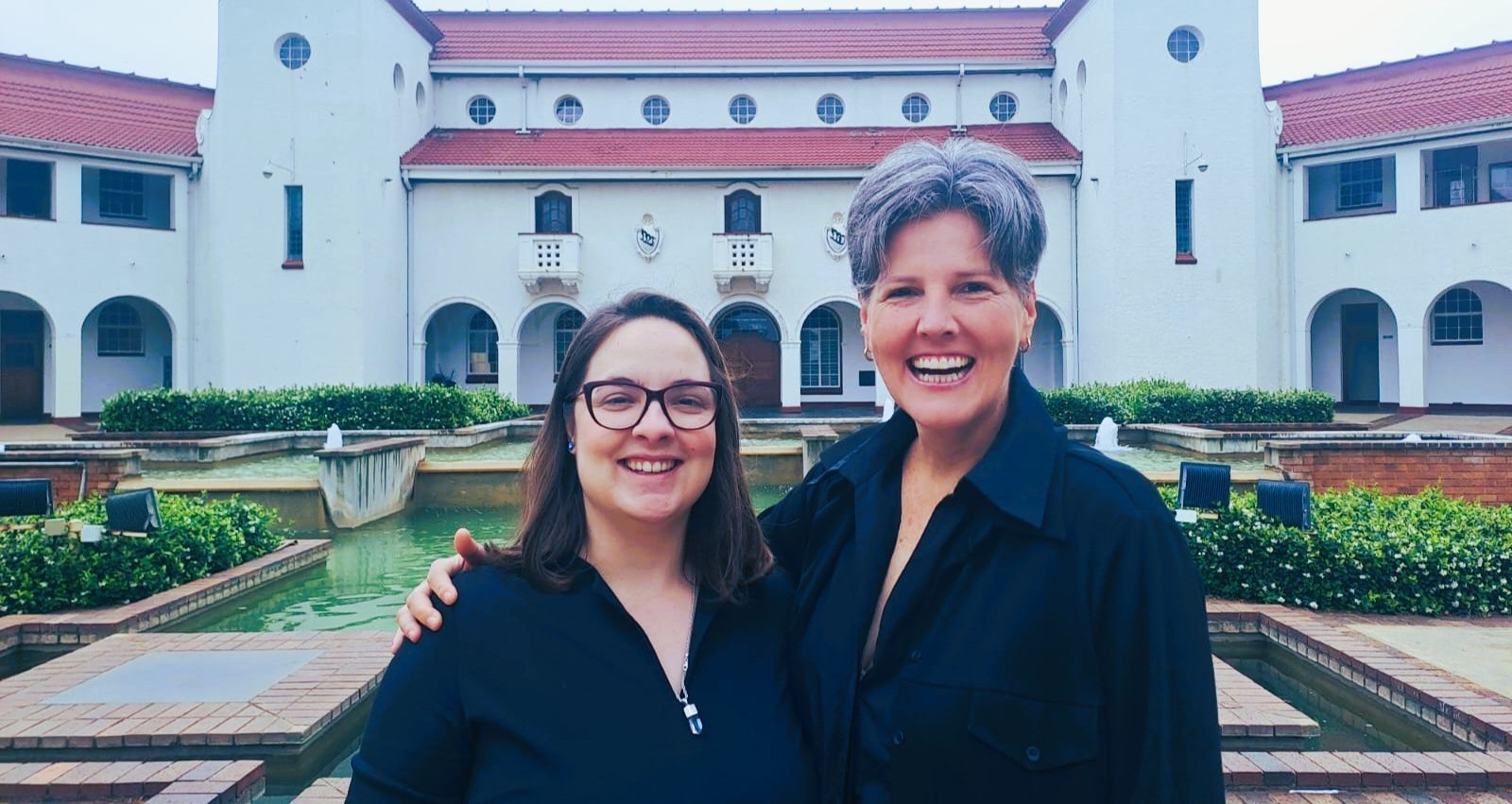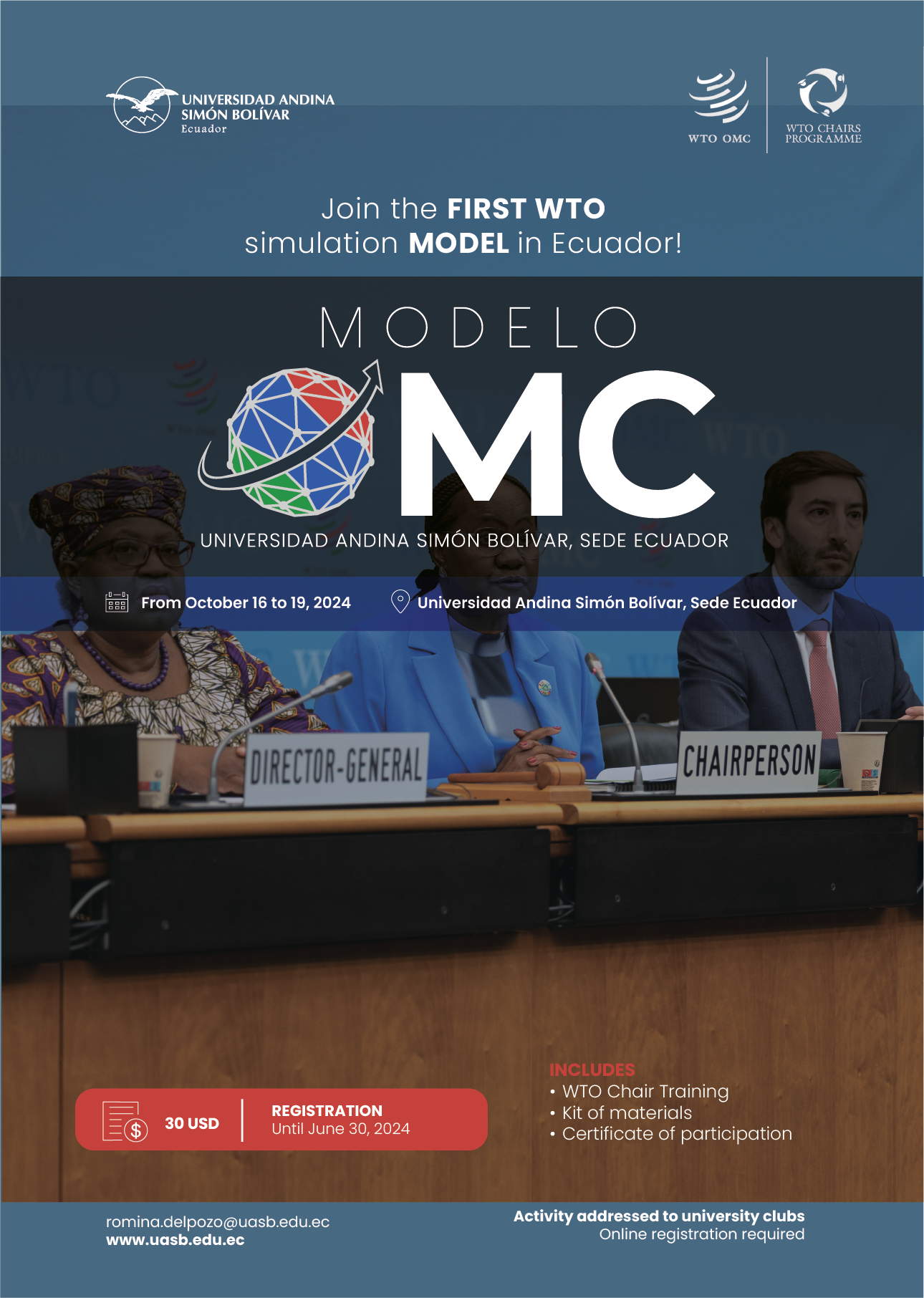Solución de controversias comerciales en el sistema multilateral
En el marco del Programa de Cátedra OMC-CR, perteneciente a la Universidad Nacional de Costa Rica, se busca generar y compartir conocimiento, posicionando a la región centroamericana a la vanguardia de los temas relevantes para el comercio internacional.

